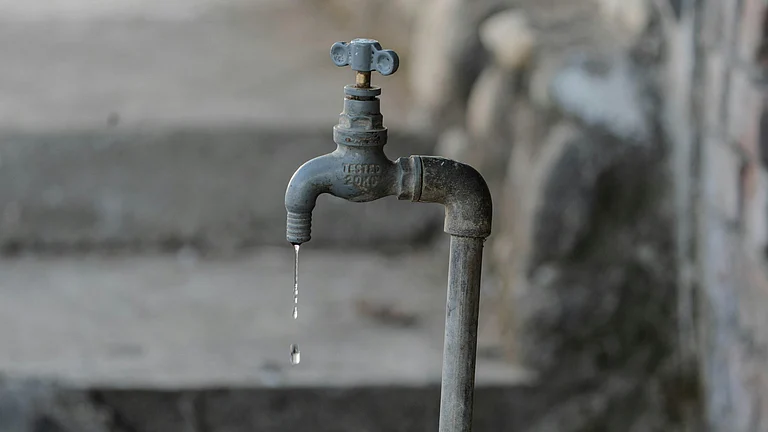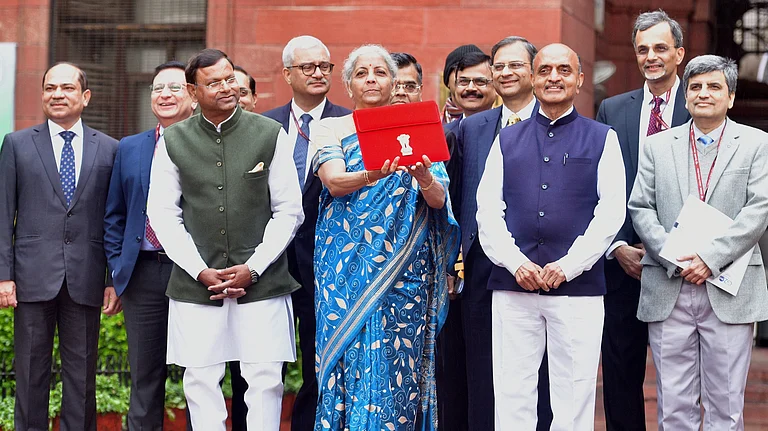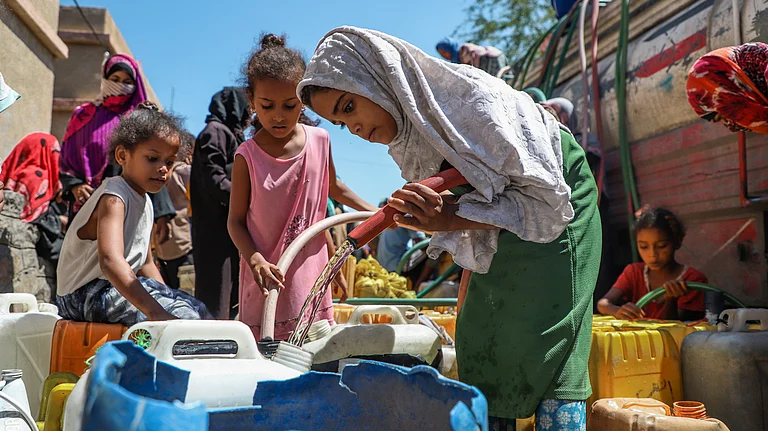India's rising water crisis could negatively impact the country's credit stability and cause volatility in the economic growth path, according to a recent report released by Moody's Ratings.
Lately, water issues have been dominating the headlines in the nation. Even the national capital is facing heightened concerns around water shortage.
“India's fast economic growth, accompanied by rapid industrialisation and urbanization, is reducing water availability in the world's most populous country. Increases in the frequency, severity or durations of extreme climate events stemming from climate change, such as droughts, heat waves and floods, will exacerbate the situation because India heavily relies on monsoon rainfall for water supply,” the report said.
This poses a risk to the country's credit health and to industries like coal power generators and steel-makers that rely heavily on water. "Coal power generators and steel makers are most vulnerable to water stress," the report added.
The decline in supply might cause a disruption in agricultural production and industrial activity. This could result in rising inflationary pressure and a declining trend in wages for individuals/ businesses directly dependent on the same, eventually leading to social unrest.
Changing rainfall patterns and reductions in water availability will make farmers and lower income communities increasingly vulnerable to unexpected drops in production, which will reduce their income while inflating food prices and increasing social discontent, the report said.
"This in turn can exacerbate volatility in India's growth and undermine the economy’s ability to withstand shocks."
While the decline in water supply is an issue that poses a threat on a global level, India is one of the most vulnerable nations to encounter risks related to the same. Among G-20 nations, India has the worst access to basic services like water, which is an important component for assessing the credit impact of ESG factors.
































